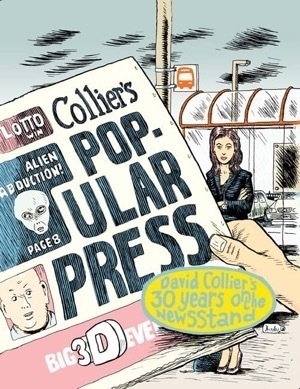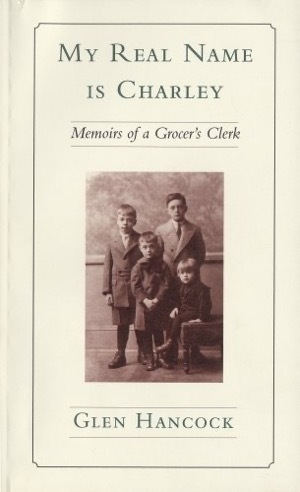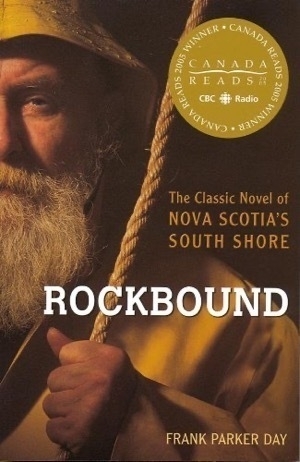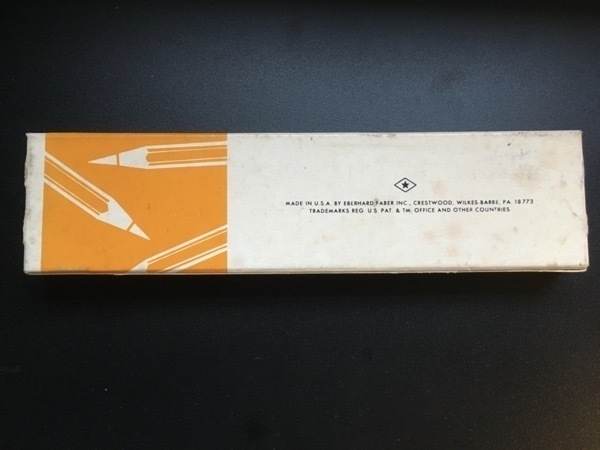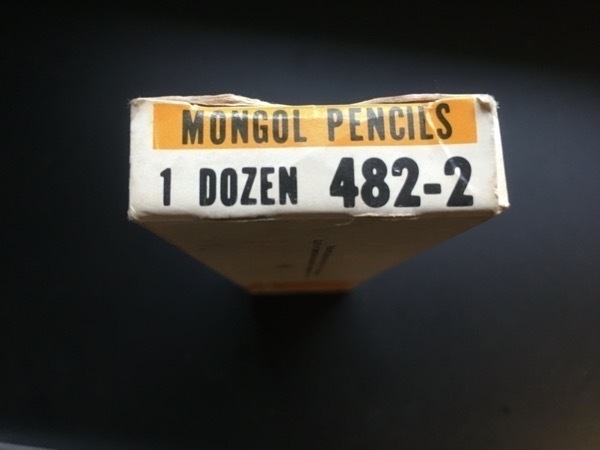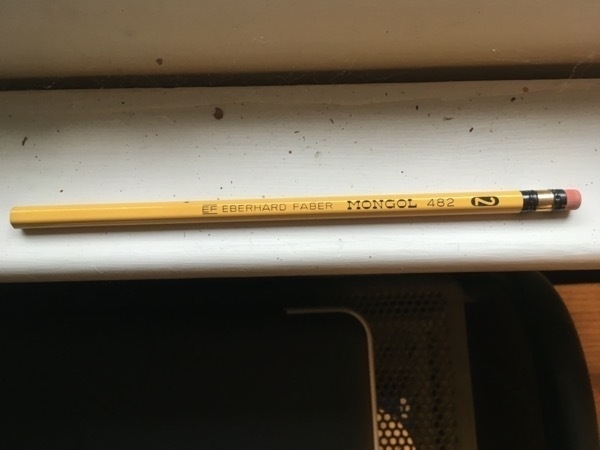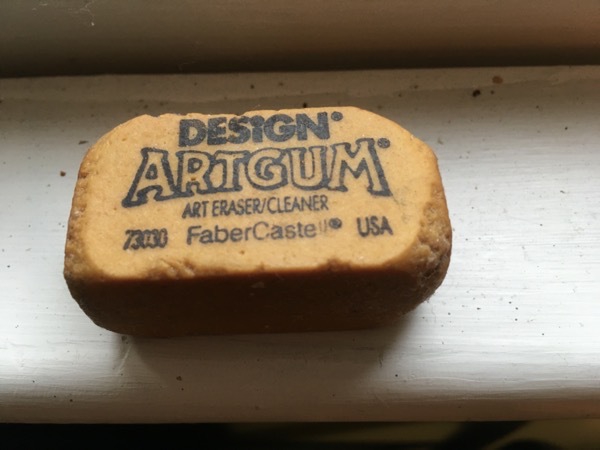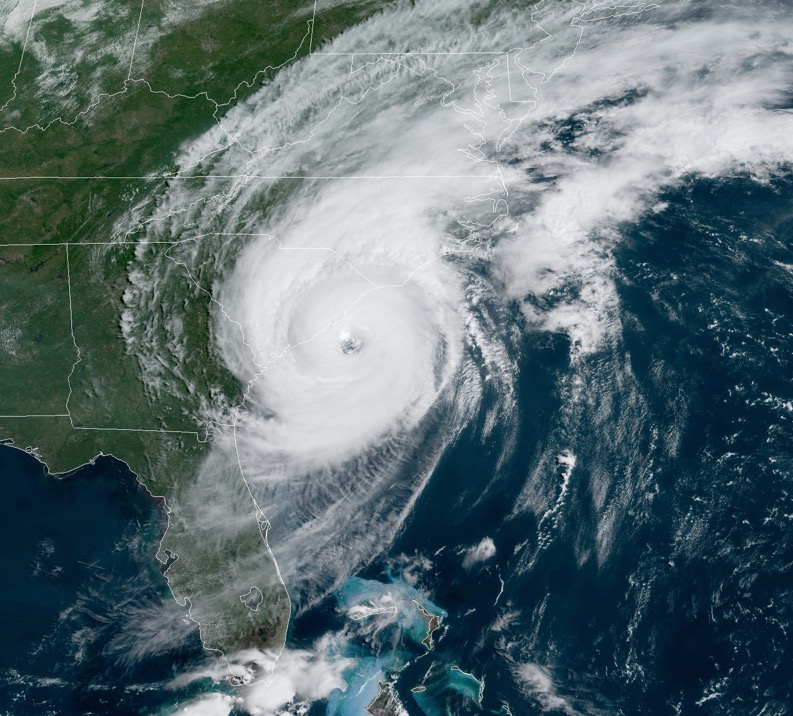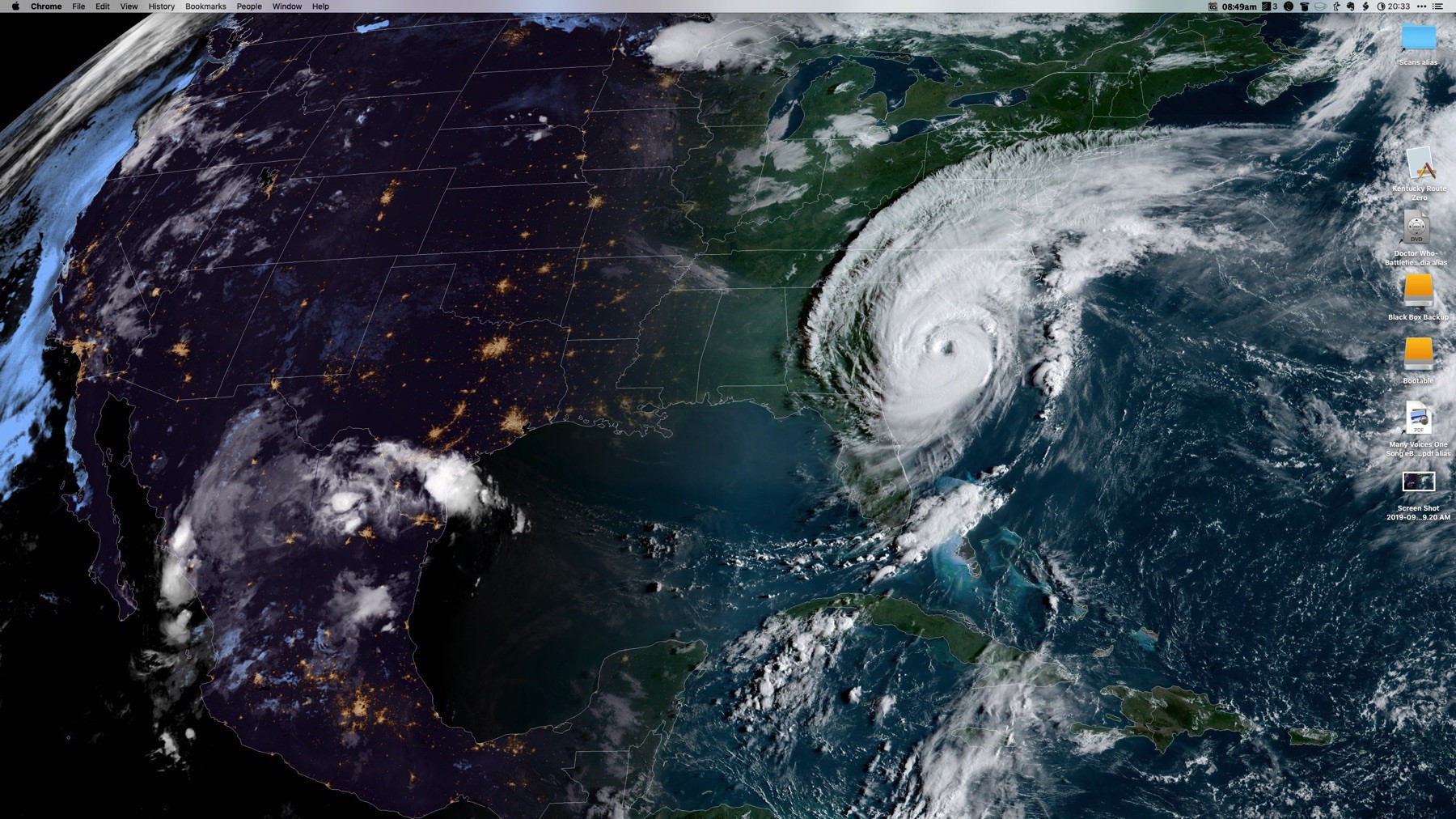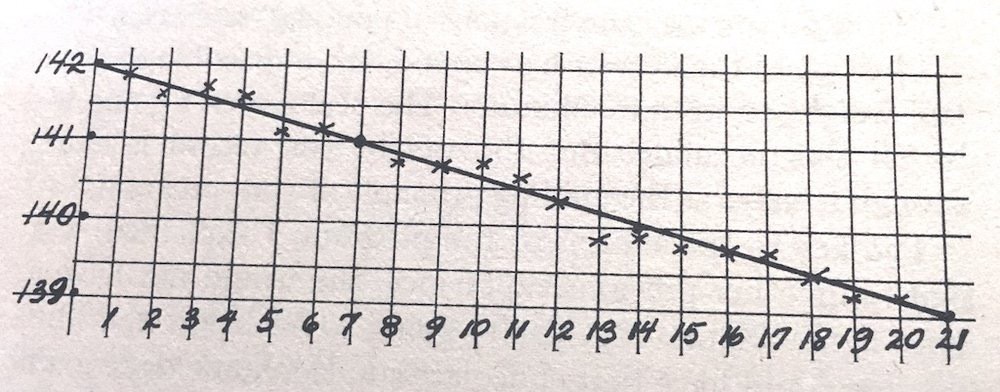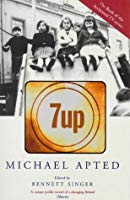Tarot Reading, January 19, 2024
I did a three-card reading using the World Spirit Tarot deck (1st edition). Instead of the usual “Past Present Future” layout, as I shuffled the cards I asked them to tell me something I needed to know about this year and to tell it as a story.
Here are the cards I drew.
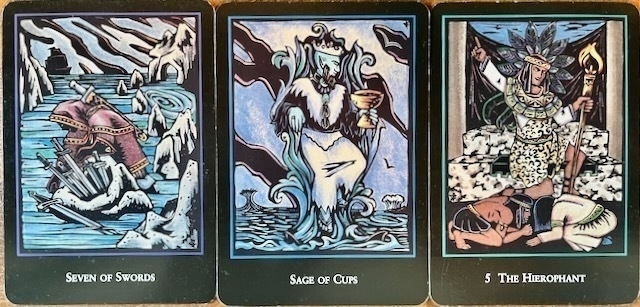
The World Spirit Tarot site, maintained by Madame Onca, the deck’s artist, has these handy capsule descriptions of each card:
- SEVEN of SWORDS – “Strategy, stealth and wit are required to meet your goals. From tactful communication to outright manipulation, utilize the spectrum of strategy to obtain your objectives. Be honest about your motives and methods, as dishonesty can beget its own problems. Can you accomplish your ends without compromising your integrity? (Craftiness)”
- SAGE of CUPS – “Emotional maturity and a progressive nature allow the Sage to adapt to the changing times. Capable of great finesse and calculated communication, they lead well, and gaslight brutally. This empathetic personality struggles to maintain a most challenging balance between the rigors of worldly responsibility and a deeply emotional, artistic nature.”
- V THE HIEROPHANT – “Are you ready to expand your knowledge? Bringing together the worlds of inner spirit and outer learning, this card represents the laws and culture of religious and academic tradition. Study the collected wisdom of the ancestors with all its gifts and shortcomings, then find the truly Sacred in your own way.”
The Hierophant, by the way, is my Spirit Card, the Major Arcana card that aligns to certain numerological data associated to my name and birth date. Seeing that card turned over at the end made my eyes pop.
The swords are an air sign, symbolizing intellect, communications, and boundaries. The cups are a water sign, signifying emotions, intuition, love, dreams. The Hierophant, as a Major Arcana symbol, dominates the reading. If these cards tell a story – starting from the intellectual and moving to the emotional – then the Hierophant is a hell of a note to end on.
One of the things I note about the card’s figures: the Swords figure is facing left and down, bending over, picking up the swords in a freezing cold sea, while a ship is heading toward her in the distance. She has to work fast. She is also facing to the left while the Sage is facing right in contemplation. Opposites-ville. But both figures are in cold, blue settings with clouds stabbing diagonally across the sky. They’re telling different sides of the story but they’re swimming in the same sea.
The Swords card pretty accurately summarizes my head at the moment. I want to clear up various health issues this year, and I have a life-changing project simmering in the background that will come to fruition, I hope, later this year. I want to set lots of plates spinning on the tips of many swords, and am wondering how to coordinate it all.
Once those plates are spinning, though, time to be the Sage and contemplate where I am, how I’m feeling, and how I will negotiate the life-change transition that is headed my way. The Swords card is, I think, about planning the physical aspects of my life. The Sage reminds me not to forget the emotional side, which needs equal care and attention. The honest Sword turns away from the calculating, gaslighting, manipulative Sage. But that last sentence of the card description shows the Sage trying his best to bridge the needs of the world with the needs of the soul.
And how will the story end? The Hierophant. The Rules-Maker and Rules-Follower, the Lawgiver, who joins in one role the emotional (religious, yearning, soulful) and the academic (intellect, boundaries, order from chaos). The dark side of the Hierophant is a slavish devotion to the rules rather than balanced and knowing wisdom. The rather haughty pose in the card, and the supplicants, show for me a disposition to avoid, a haughtiness I do not want to emulate. But I do want to honor the Sacred in the card, the light of the torch, and – the mysteries. What lies behind that black curtain? The Hierophant represents a codified religious system, but that system’s purpose is to guide one to the mysteries that lie within.
I took this to be a very hopeful and beneficial reading. I will be working hard at the start of the year (Swords), by mid-year I’ll be assessing where I am and how I’m feeling about where I’m going (Cups), and – I hope – by the end of the year, I’ll be the writer of my own story, the master of my moment, enjoying the pleasures of the emotions and the intellect. And since the Hierophant is my Soul Card, perhaps the reading indicates that I will come into my own, be fully myself.
